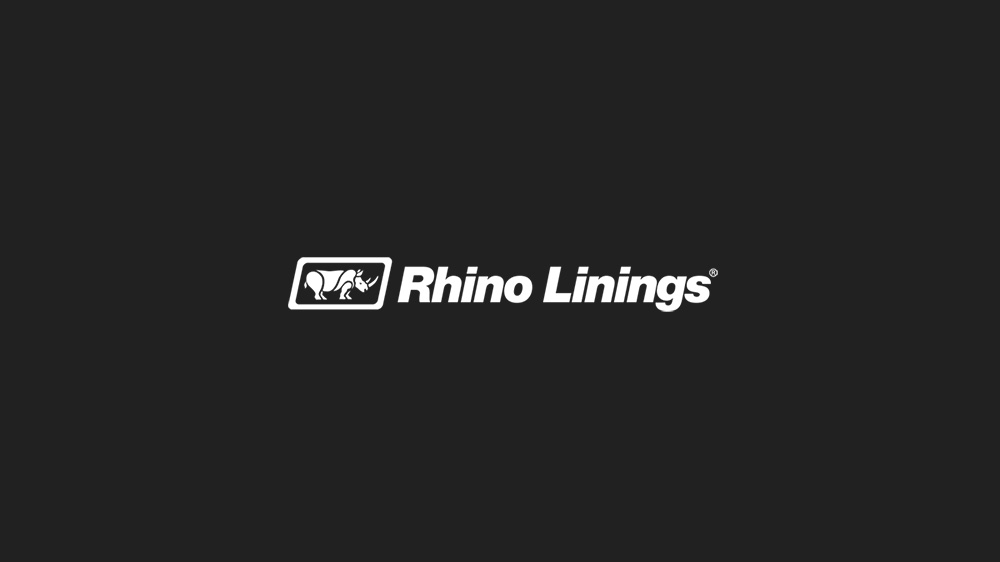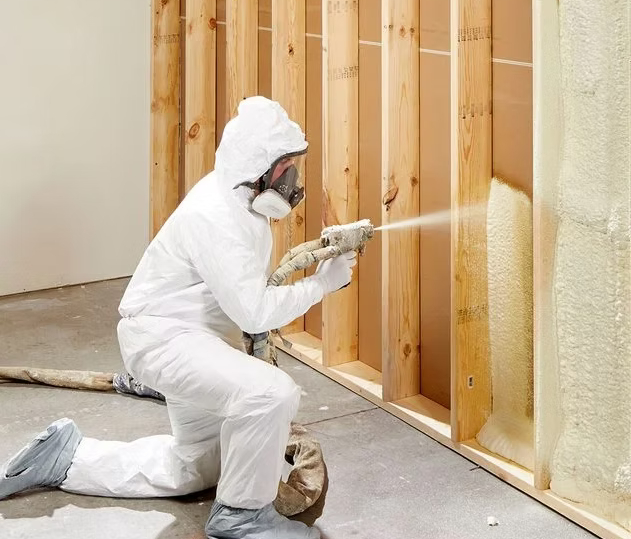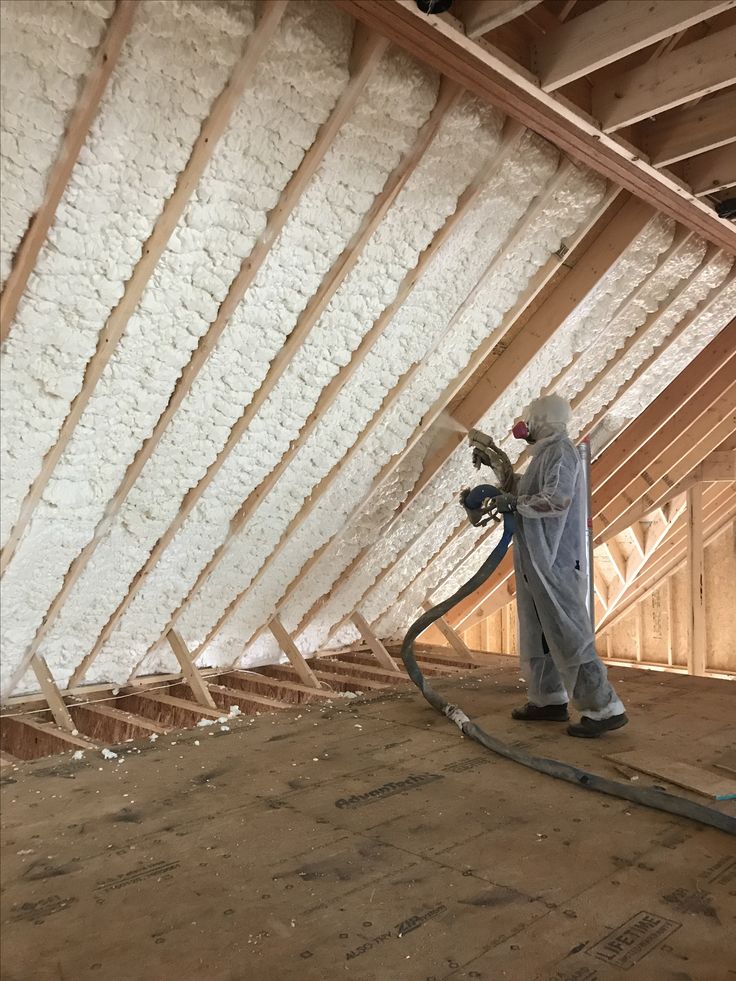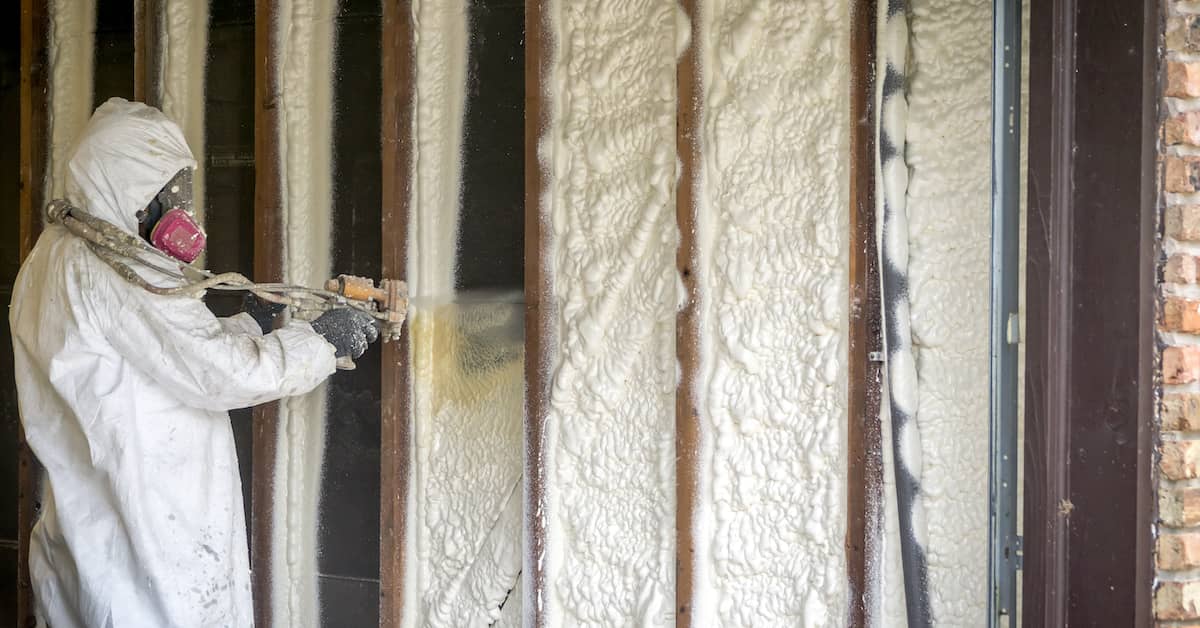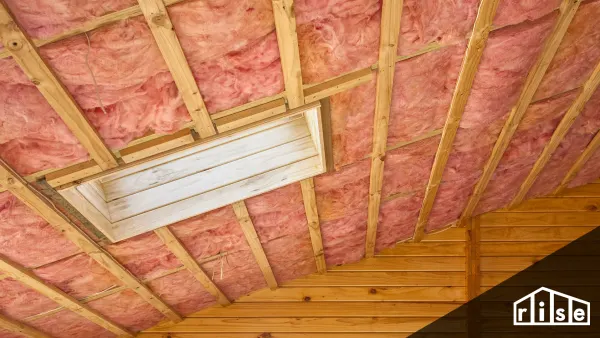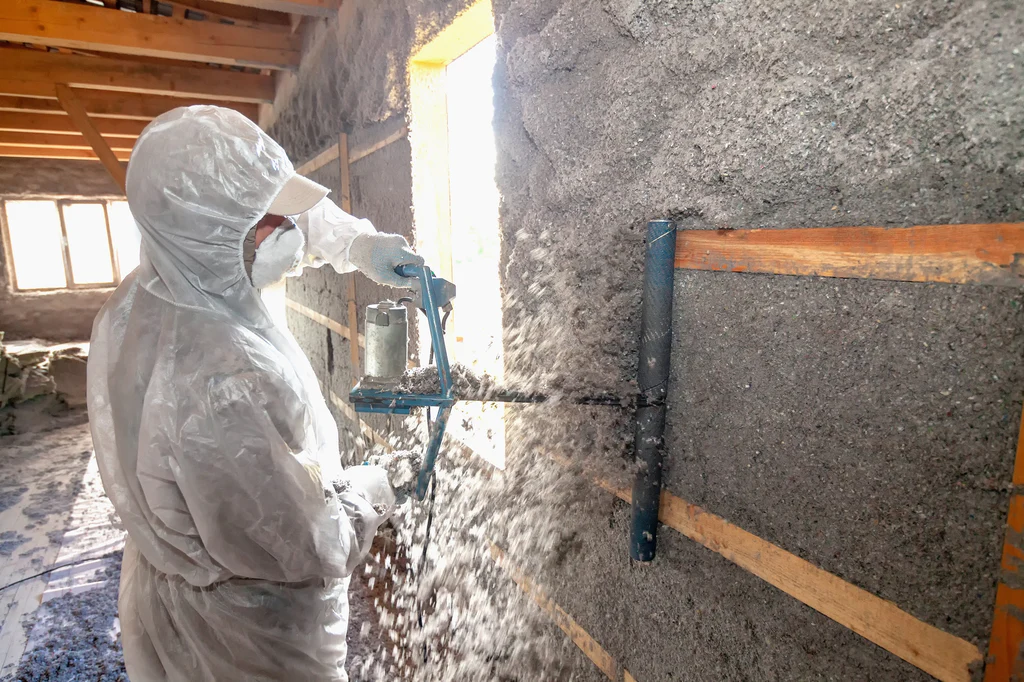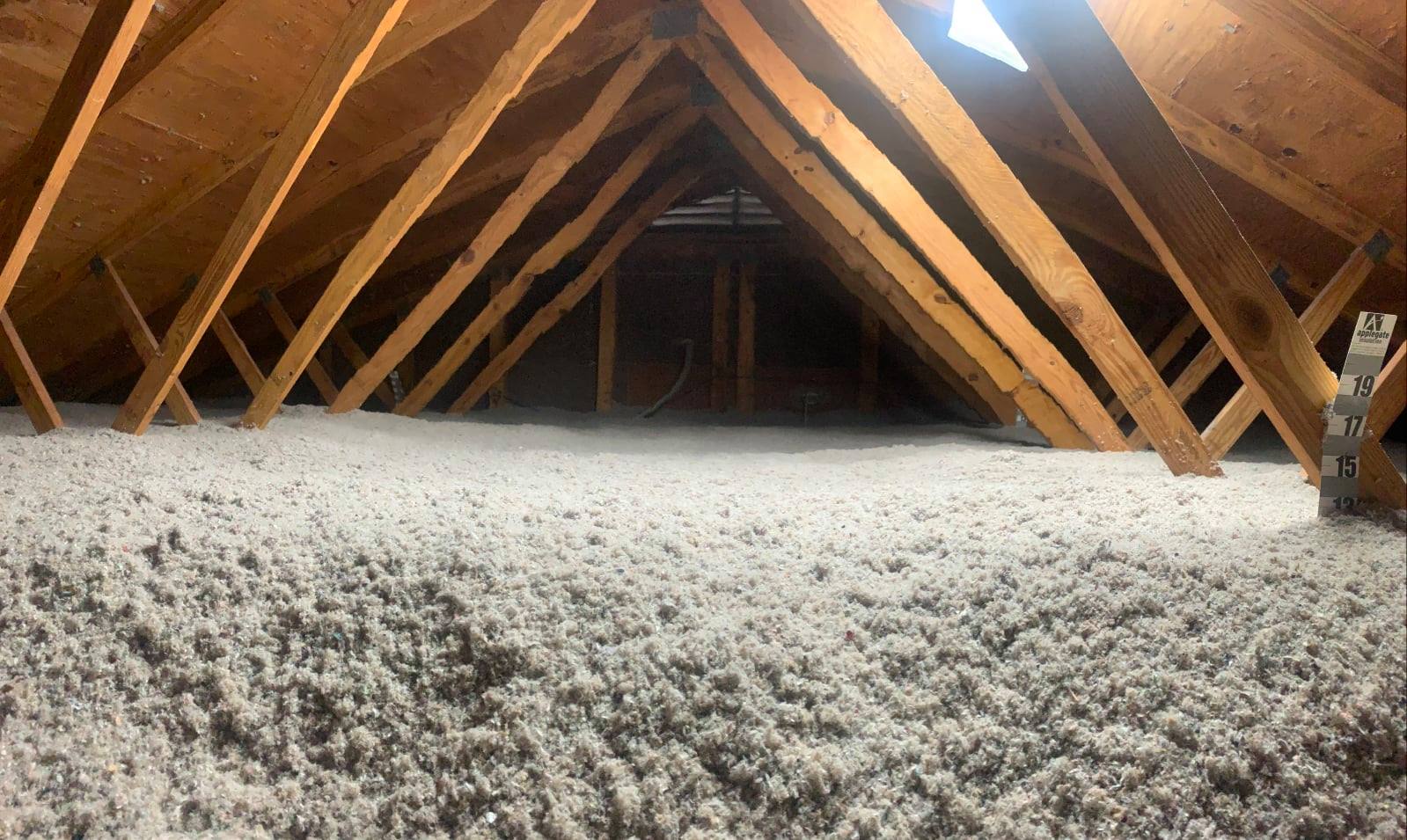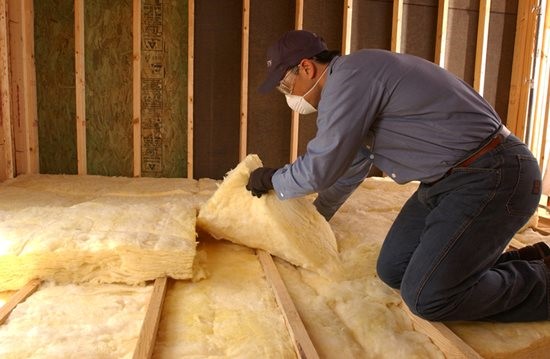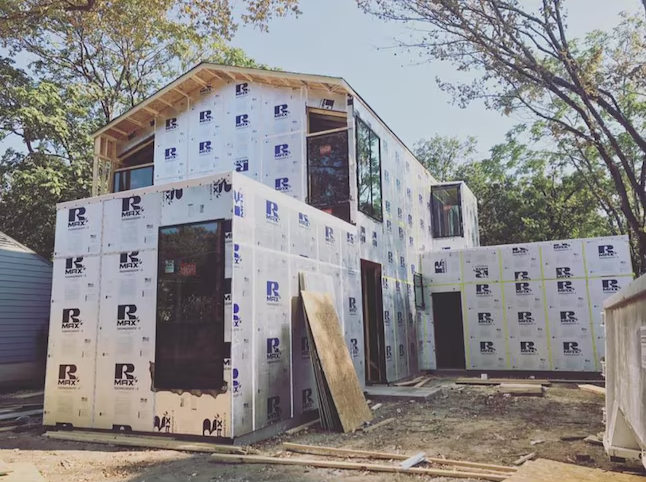INSULATION
Professional Insulation Services for Every Space
Insulation is one of the most effective ways to improve energy efficiency, comfort, and long-term value in any structure—whether it’s a home, business, or custom build. Our professional insulation services are designed to meet the unique needs of each project, using high-performance materials like spray foam, fiberglass, cellulose, and more. We work with residential, commercial, industrial, and specialty spaces to create tailored insulation solutions that control temperature, reduce noise, prevent moisture issues, and lower utility bills. No matter the size or scope of your project, we deliver expert installation backed by quality products and years of experience.


